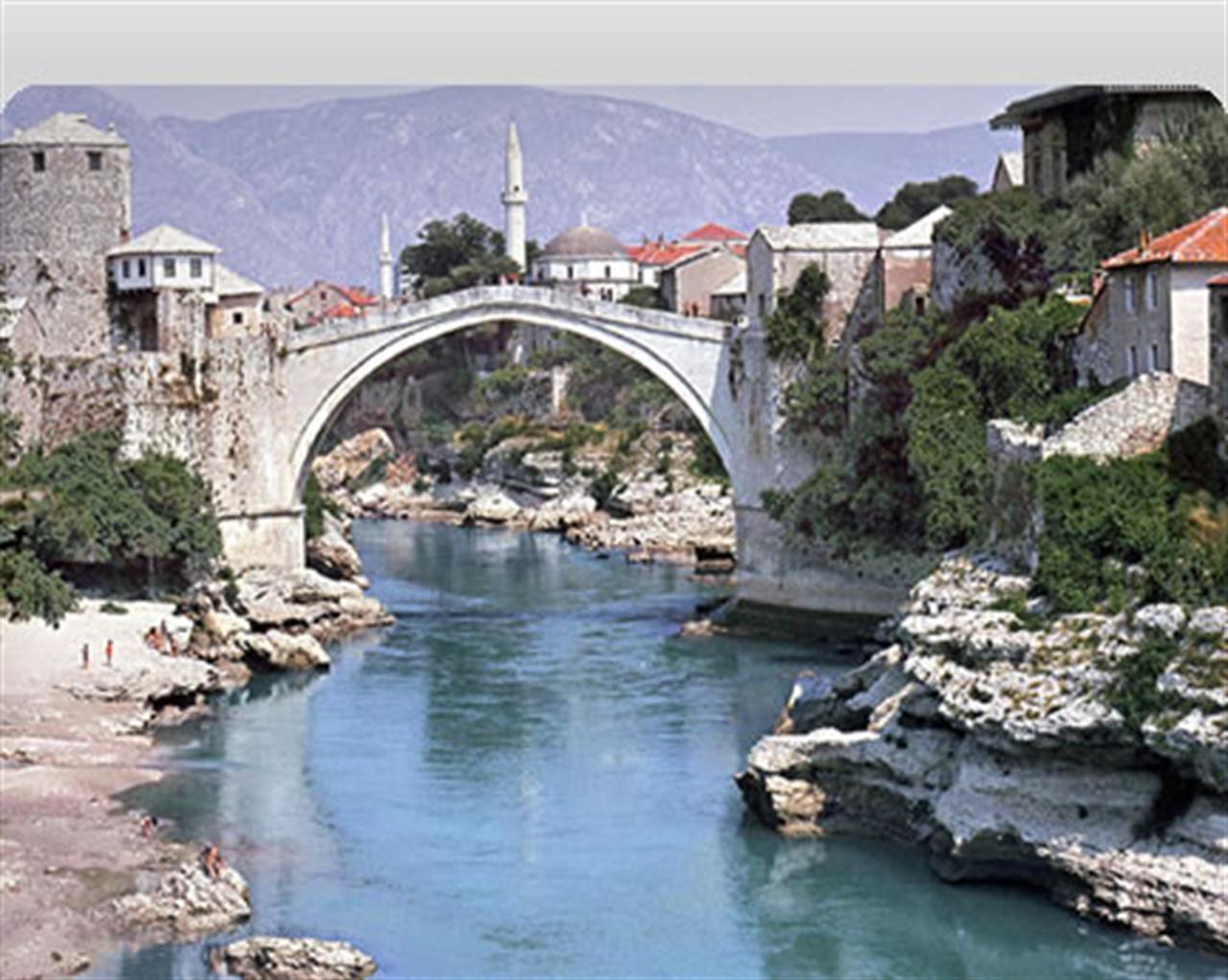Politica
Western Balkans : looking at the past to better face the future
A civil society initiative to found a commission to establish facts about recent Balcan wars.
di Staff

By Rozafa Kelmendi
Civil society organizations in the former Yugoslav republics are united by one goal: face the truth about the past. In a quest for one million signatures within six weeks, more than 1,500 associations and individuals from all nations of former Yugoslavia have joined forces in a project billed as the largest joint human rights action in the region, which was wrecked by ethnic wars in the 1990s.
The diverse “Coalition for RECOM” (Regional Commission for Truth-Seeking and Truth-Telling about War Crimes and Other Serious Violations of Human Rights in the former Yugoslavia) aims to submit the signatures to parliaments in all former Yugoslav countries in June, to advocate the establishment of an independent inter-state investigative body, tasked to establish and publicly disclose facts about the recent Balkan wars. Demonstrations backing the movement were also organized on the launch day of the campaign, Tuesday April 26, in capital cities throughout former Yugoslavia including Pristina, Sarajevo,Ljubljana, Zagreb, Skopje, Podgorica and Belgrade.
The organizers of the project, the Coalition for RECOM, comprise a non-political network of non-governmental organizations, associations and individuals in the region. This coalition favors establishing a Regional Commission to garner the facts about victims of war crimes and other Human Rights violations committed in former Yugoslavia between 1991-2001.
An estimated 160,000 people were killed and millions left homeless by these ethnic wars in the former Yugoslavia, which began in Slovenia and ended in Kosovo. Yet a decade after armed conflict ended, no State has completed a list of those killed in the wars. More than 15,000 people are still registered as missing.
In Kosovo, the government has officially designated April 27 the National Remembrance Day of Missing Persons and the new elected President of Kosovo, Atifete Jahjaga, has promised that the government will work seriously to ensure that families of missing people know the fate of their missing loved ones. Although war ended in the country over ten years ago, it is claimed that around 1,800 people are still missing and many families have questions that have remained unanswered.
Aside from the action of Coalition for RECOM, ongoing dialogue between Pristine and Belgrade sparks hope for the families of missing persons, because their agenda includes discussions on issues of war crimes and missing persons.
Dealing with the past is not only an international obligation for States, but also a necessary part of the European integration to which all States of the region aspire. It is believed that truth-seeking initiatives will create a foundation for a peaceful and prosperous region.
To find out more about the Initiative for RECOM and to sign the petition, visit http://www.facebook.com/note.php?note_id=157264750962016&id=145459252159805
Rozafa Kelmendi is studying Management and Informatics at the University of Pristine, Kosovo. She is also a journalist and contributor to ThinkYoung’s pan-European writing team (see website: www.thinkyoung.eu)
Si può usare la Carta docente per abbonarsi a VITA?
Certo che sì! Basta emettere un buono sulla piattaforma del ministero del valore dell’abbonamento che si intende acquistare (1 anno carta + digital a 80€ o 1 anno digital a 60€) e inviarci il codice del buono a abbonamenti@vita.it
